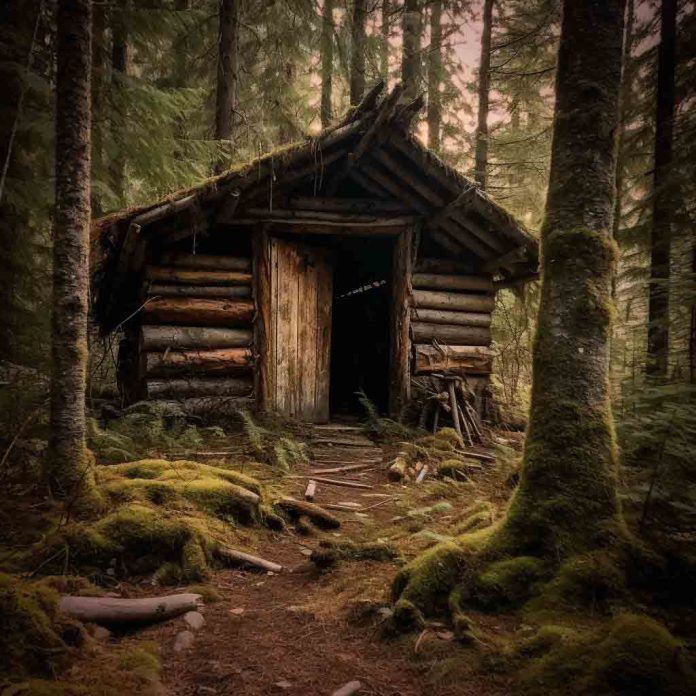Living Off the Grid in the Remote Wilderness: Embracing Solitude and Harmony with Nature
Living off the grid in the remote wilderness offers a unique opportunity to disconnect from the fast-paced modern world and immerse oneself in the tranquility and beauty of nature.
Whether you seek solitude, adventure, or a simpler way of life, embracing a remote wilderness lifestyle can be both challenging and rewarding.
In this article, we will explore the key aspects of living in the remote wilderness, including finding suitable land, building a shelter, sourcing food and water, and living sustainably.
Let’s embark on this journey of self-sufficiency and discover the magic of living in the heart of the wilderness.
Finding Suitable Land
The first step in living in the remote wilderness is finding a suitable piece of land that aligns with your vision and needs.
Look for areas that offer natural resources, such as access to clean water sources, fertile soil for cultivation, and abundant wildlife for hunting or fishing.
Consider the local climate, vegetation, and terrain to ensure compatibility with your intended lifestyle.
Research local regulations, land ownership, and zoning restrictions to ensure you can legally and responsibly establish your wilderness dwelling.
Building a Shelter
Creating a shelter in the remote wilderness is crucial for protection and comfort.
Explore various options, such as building a cabin, yurt, or earth shelter, depending on your preferences and available resources.
Consider factors like insulation, durability, and sustainability when choosing materials.
Learn essential construction skills or enlist the help of professionals to ensure a safe and secure shelter that can withstand the elements of the wilderness.
Sourcing Food and Water
Living in the remote wilderness requires careful consideration of food and water sources.
While hunting, fishing, and foraging are potential options, it’s essential to acquire the necessary knowledge and skills to identify edible plants, track game, and practice ethical harvesting.
Additionally, consider establishing a garden or greenhouse to grow your own fruits, vegetables, and herbs.
Water sources may include natural springs, rivers, or wells, but it’s crucial to ensure the quality and safety of the water through filtration or purification methods.
Living Sustainably
Sustainability is a core principle of living in the remote wilderness.
Embrace renewable energy sources, such as solar panels or small-scale wind turbines, to power your off-grid dwelling.
Practice responsible waste management through composting, recycling, and minimizing single-use items.
Embrace permaculture principles by cultivating food forests, practicing regenerative agriculture, and promoting biodiversity.
Consider rainwater harvesting systems and greywater recycling to conserve water resources.
Strive to leave a minimal ecological footprint while enjoying the abundance of the wilderness.
Challenges and Rewards
Living in the remote wilderness comes with both challenges and rewards.
Adapting to a more self-reliant lifestyle requires resilience, resourcefulness, and a willingness to face the unexpected.
Overcoming isolation, inclement weather, and potential safety concerns may test your resolve.
However, the rewards are immeasurable—freedom, serenity, and a deep connection with nature.
Witness breathtaking sunsets, encounter majestic wildlife, and experience a profound sense of harmony with the natural world.
A Chance To Reconnect With Our Roots
Living in the remote wilderness offers a transformative experience that reconnects us with our primal roots and allows us to live in harmony with nature.
It requires careful planning, resourcefulness, and a deep appreciation for the wilderness.
Embrace the challenges, learn from the land, and savor the rewards of a simpler, more sustainable existence.
Whether you choose to embark on this journey permanently or for a temporary escape, living in the remote wilderness has the potential to enrich your life in ways you never thought possible.

